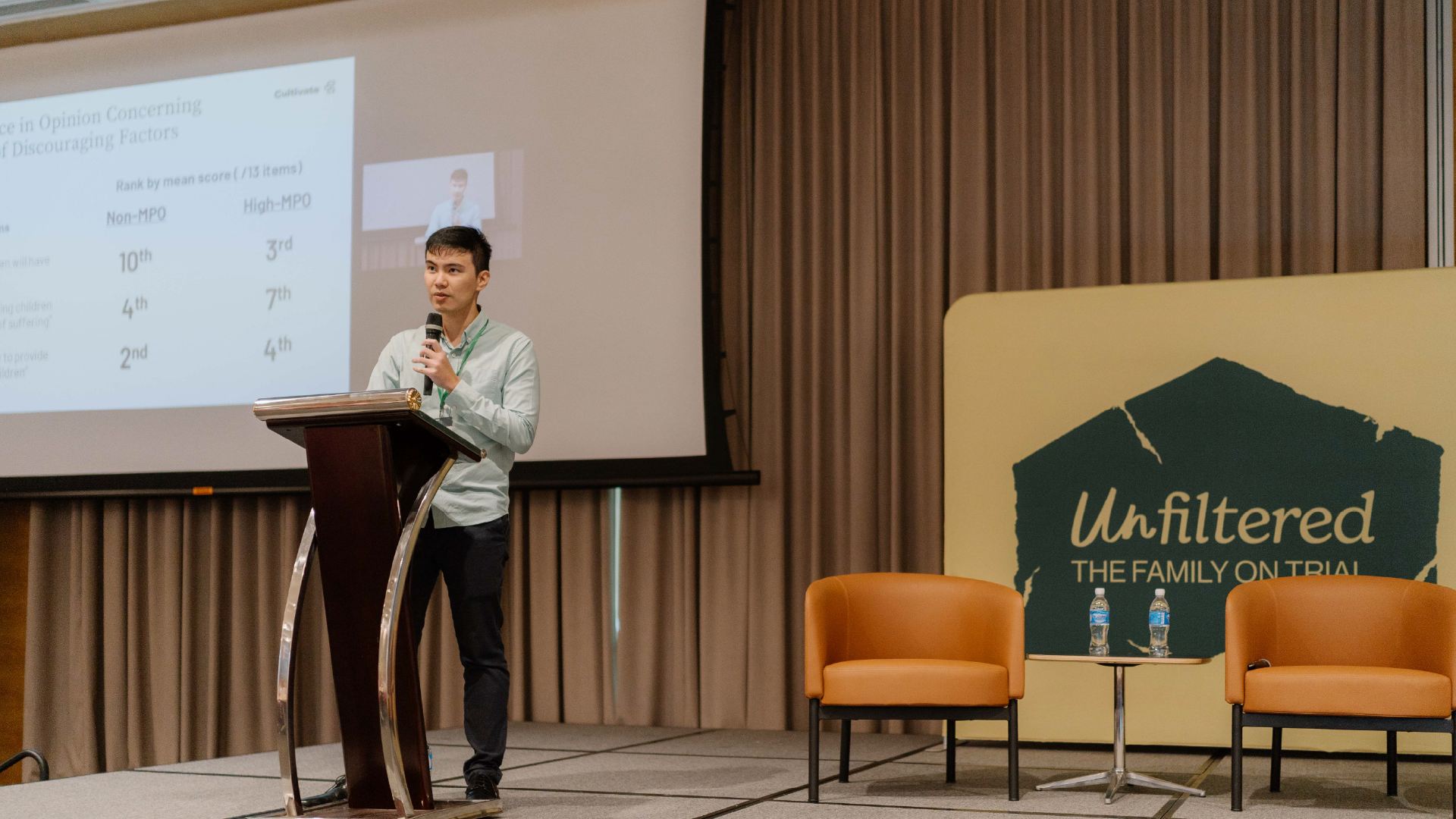Many of us have fond memories of our own grandparents when we were children. But occasionally, we may recall occasions when our parents and grandparents had disagreements.
Is grandpa giving too much candy to the children? Should the children be allowed to watch television now? Is this activity safe or suitable for the children at this age?
These are just some of the many possible situations that parents and grandparents might disagree.
For those among us who have entered the stage of parenthood or grandparenthood, we may also encounter such differences first-hand.
Norm of Non-interference
Researchers have observed that, in Singapore, there is an important social norm regarding the relationship between grandparents and parents, which they refer to as “non-interference”. Grandparents generally refrain from interfering in the parenting decisions of their adult children, for the sake of family harmony.
However, as Associate Professor Thang Leng Leng points out, “non-interference does not mean that [grandparents] do not care, but instead it is perceived as a way to show respect to the younger generation.”
Narayanankutty and Dommaraju have further noted that this principle implicitly recognises that “the primary responsibility of raising of children is with the parents”.
In an example cited in their paper, a grandmother named Sara (age 63) said this when interviewed:
I never interfere with taking care of children, even though I am a doctor. If I want to give running nose medicine to my grandchild will call my daughter-in-law and ask her permission. Can I give it? I try my best to follow. In my previous experience, I learned it’s the best way. As a grandmother, my job is to be happy with them, play with them, don’t want to discipline them. We just want to be happy. If they did anything wrong, I would tell their parents. They must decide what they want to do.
Another noteworthy example comes from a 2012 study authored by Thang and three other authors. An 81-year-old Indian grandfather said, “You see, I don’t interfere in their affairs at all. We love [our adult son], but we don’t ask him unless he tells anything. So when there’s no interference, there cannot be any problems.”
As a result of this norm of “non-interference”, grandparents in Singapore typically a passive role where they will not make the first move until their children approach them for help. At the same time, grandparents often assure the parents that they will be there to help if asked.
More than that, statistics overwhelmingly show that seniors in our midst are very willing to lend their help and support to their families.
Findings from the Ministry of Social and Family Development in 2019 show that most of the elderly aged 65 and above (92%) will provide physical and caregiving support to their families when needed, such as providing care, helping to pick up their grandchildren from school or running errands. Most (95%) are also willing to provide emotional support to their family members, through lending a listening ear or giving advice.
Views from the Singapore Government
Reflecting this norm of non-interference, the Singapore Government has likewise emphasised the primary role of parents, whereas grandparents are seen as playing supportive roles to parents rather than taking over the caregiving of grandchildren.
At the launch of Grandparents’ Day in November 1998, then-Parliamentary Secretary Chan Choo Sen emphasised that “parents are still the primary care-givers”, with “grandparents giving additional support” (emphasis added).
Similarly, late former President SR Nathan said in a 2001 speech: “While parents must remain the primary care-givers, grandparents do play a very important supporting role in the upbringing of the young. And we must not forget that grandparents are themselves seasoned parents. They can be a valuable resource and role model in the area of marriage and parenthood, provided the advice is dispensed judiciously.” (emphasis added)
More than two decades later, this norm remained unchanged. The Government’s “Made for Families” plan published in 2022 features a quote from Margaret, a grandparent who had attended the “Triple P – Positive Parenting Programme for Grandparents”.
She is quoted saying, “As grandparents, we sometimes forget that our role is to support the parents.”
The report adds: “This means remembering that you are on your children’s team, respecting their house rules and giving due authority to the parents when it comes to decisions and discipline.”
How to Resolve Tensions?
With this norm of “non-interference”, parents have the primary role in raising their children, and grandparents are supposed to support and not interfere with these parenting decisions. As a result, how can families move forward in a constructive manner without causing unnecessary tensions?
Way back in 1998, Mr Chan Choo Sen gave some useful advice at the Grandparents’ Day launch:
Certainly, there will be a need for adjustments of mindset and stereotypes by all parties. The parents will need to allow the grandparents to play the grandchild-care role, and not be so possessive over the children as not to give any space for the grandparents. The grandparents and parents will need to have good communication so that their efforts are well co-ordinated. They will certainly need to agree on the areas of grandchild-care, and how this will dovetail with childcare, for their own individual cases. No two cases may be the same. They will also need to resolve their disagreements in ways transparent to the children.
Dialogue and mutual respect and understanding are certainly important among parents and grandparents (both paternal and maternal). And this might be an ongoing conversation, as the grandchildren grow in age (and perhaps also in number, as more grandchildren are born).


